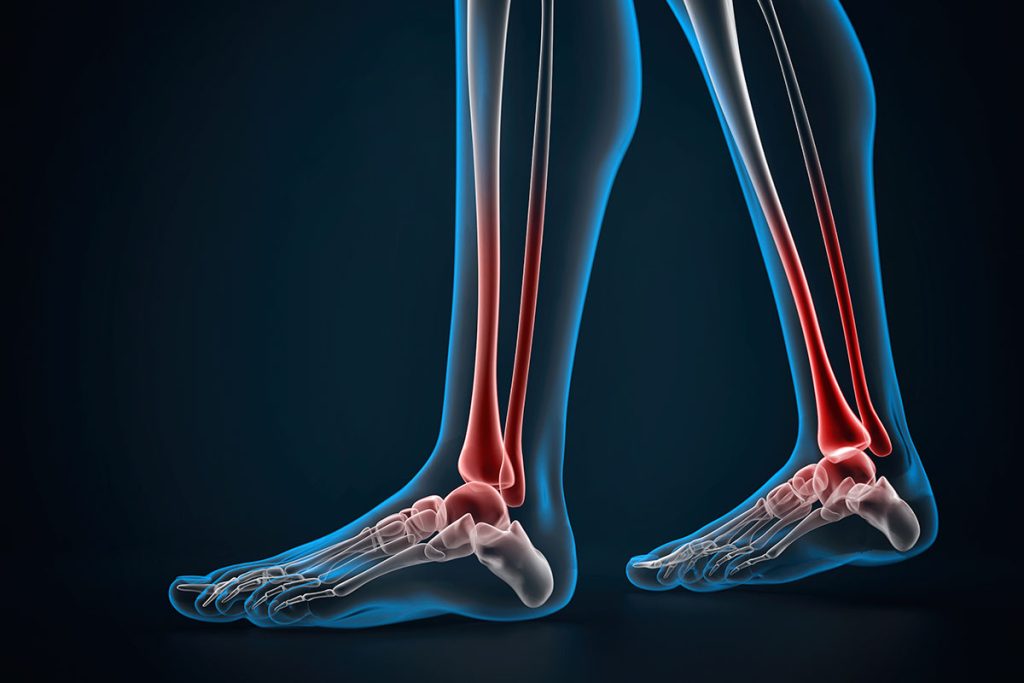Leg Pain or Claudication Specialist in Michigan
At CardioQ, a leading healthcare facility in Michigan, patients have access to a team of expert medical professionals who specialize in the diagnosis and treatment of a wide range of cardiovascular conditions. Among them is a Leg Pain or Claudication specialist, who is dedicated to providing top-notch care to patients experiencing pain or discomfort in their legs while walking.
Claudication is a condition characterized by leg pain or cramping that occurs during physical activity, such as walking or climbing stairs, and improves with rest. This can be caused by a narrowing of the blood vessels in the legs, which reduces blood flow to the muscles and causes them to ache. The Leg Pain or Claudication specialist at CardioQ is a highly trained medical professional who uses the latest diagnostic tools and treatment options to manage this condition.
With a patient-centered approach, the Leg Pain or Claudication specialist at CardioQ works closely with each patient to develop a personalized treatment plan that addresses their specific symptoms and needs. This may include lifestyle changes, medication, or minimally invasive procedures, depending on the severity of the condition.
If you’re experiencing leg pain or discomfort while walking, the Leg Pain or Claudication specialist at CardioQ is here to help. Contact us today to schedule an appointment and take the first step towards finding relief from your symptoms.


Claudication or Leg Pain
Claudication is a medical condition that is characterized by pain, cramping, or aching in the legs during physical activity, such as walking or climbing stairs.
This discomfort occurs because the muscles in the legs are not receiving enough blood flow, which leads to a lack of oxygen and nutrients.
Claudication typically goes away with rest and can be caused by a variety of conditions, including atherosclerosis (narrowing of the arteries due to a buildup of plaque), peripheral artery disease (PAD), and other conditions that affect blood flow to the legs.
In some cases, claudication may be a sign of a more serious underlying health condition, such as diabetes or heart disease.
Treatment for claudication depends on the underlying cause and may include lifestyle changes, medication, or in more severe cases, surgery.

Symptoms & Signs
The most common symptoms of leg pain due to poor circulation include:
- Tingling
- Numbness
- Throbbing or stinging pain in your limbs
- Pain
- Muscle cramps
Each condition that might lead to poor circulation can also cause unique symptoms.
For example, people with peripheral artery disease may have erectile dysfunction along with typical pain, numbness, and tingling.
Risk Factors
Individuals with any of the following risk factors should see their physician if they experience leg pain:
- Over 50 years of age
- Diabetes
- High blood pressure
- High cholesterol level
- Smoking (current or past)
- History of heart disease or vascular disease
Common questions
Leg pain is often associated with soft tissue injuries and wear-and-tear. However, in many cases, the cause of leg pain is linked to vein and artery issues. Some of the most common causes of leg pain that a cardiologist can treat include:
- Peripheral artery disease
- Venous thromboembolism
- Deep vein thrombosis
- Pulmonary embolism
- Varicose veins
Because these circulatory issues, and others, can indicate serious health issues and may be linked to a higher risk of heart disease, it’s important to come in to CardioQ – Heart & Wellness Center for a comprehensive leg pain evaluation.
- Leg pain with walking or at rest.
- Painful cramping of the muscles in the hip, thigh, or calf after activity, which is also called claudication.
- Leg numbness or weakness.
- Coldness in the lower leg or foot, compared with other parts of the body.
- A sore, poorly healing wound or ulcer on the toe, foot, or leg.
- Change in skin color or shiny skin on the legs.
- Hair loss or slower hair growth on the feet and legs.
- Slower toenail growth.
- No pulse or a weak pulse in the legs or feet.
Your Leg Pain Specialist in Michigan at CardioQ – Heart & Wellness Center spends time evaluating you and discussing all of your symptoms to determine which diagnostic tests you may need. Some of the most common leg pain diagnostic tools include:
- Blood tests
- Ankle-brachial index (ABI)
- Doppler and ultrasound imaging
- Angiography (imaging with contrast)
In many cases, your cardiologist at CardioQ – Heart & Wellness Center can use these in-office tests to quickly diagnose your condition or rule out related concerns on the spot.
Once your cardiologist diagnoses you, they educate you about your health and which leg pain treatment solutions you may need.
